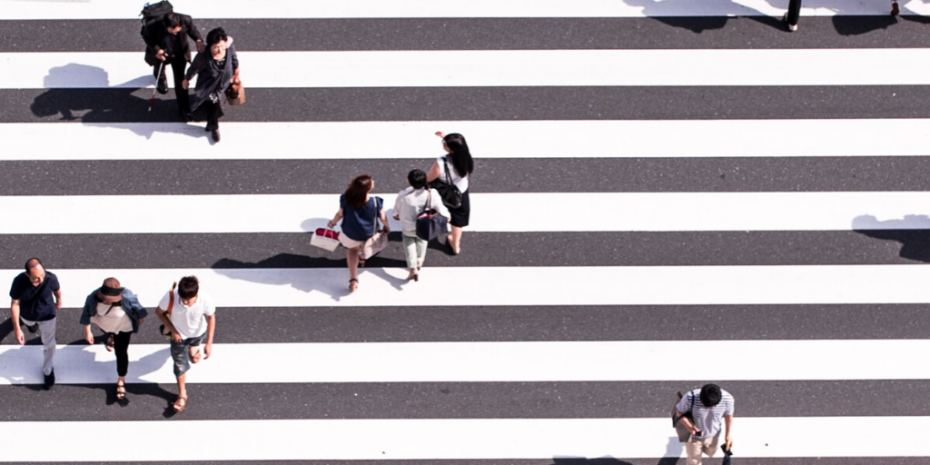Each July 30th, the United Nations internationally commemorates the day as World Day Against Trafficking in Persons to raise awareness of the horrible reality that is impacting millions of lives around the world and in communities all throughout the United States.
How is this happening?
Human trafficking is the sale of human beings for the purposes of sexual exploitation, forced labor, or organ trafficking. It is often the result of compounding vulnerabilities and can happen to men, women, children, those foreign to a country, and to a country’s own citizens. The number of victims identified within their own countries continues to increase, exemplifying the need for everyone to know not only what human trafficking is, but what it looks like, how to report it, and what they can do to stop it from happening in their own communities.
Human trafficking happens everywhere – in the United States and all around the world. Human trafficking may be present in a country or in a community, whether the location functions as a country of origin, a place for transit, or a destination for victims. Human trafficking can go undetected because what to look for is either unknown or narrowly understood. Therefore, everyone must know how human trafficking is present in their local community. In the U.S., 25 types of human trafficking have been identified. While this may seem overwhelming, there is hope.
With COVID-19 impacting communities around the world, vulnerable populations have become even more at-risk. There has been an increase in online exploitation of children as more youth are online and vulnerable to predators who may contact them through gaming and social media. With schools and daycares closed, children that once had a safety net away from home are at an increased risk of being home with an abuser and experiencing more frequent and/or severe abuse. Globally, youth are being relied on to help work to provide for their families, increasing the risk of child labor. Those who were vulnerable before the pandemic are now even more vulnerable as challenges to pay for food, housing, and other basic necessities continue to arise.
To learn more about human trafficking globally, review the Global Modern Slavery Index. For information about your specific state, review the National Human Trafficking Hotline statistics.
What Can Be Done?
You can stand against trafficking with the Engage Together® team and the Justice U™ team by accessing critical learning tools and resources that will help you move from awareness to action, and with others, make a world of impact.
Get started with the Justice U™ FREE Human Trafficking Awareness course and earn your digital badge. Explore other courses specific to those working with Commercially Sexually Exploited Children (CSEC), the Healthcare Community, and more.
Discover through the Engage Together® My Role resources can equip you in your community as an educator, church member, legal advocate, healthcare professional, or business leader, to ending human trafficking. We believe that every person has a unique role to play in the fight to end human trafficking. Your skills, talents, and resources are exactly what is needed to help end human trafficking and prevent it from ever happening in the first place. Whether you are a business professional, teacher, parent, volunteer, or student, you are uniquely positioned to engage, right where you are, to make a difference.
We believe that together, we can end it.

